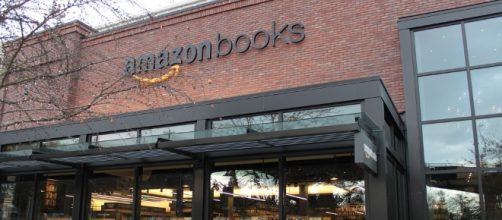Amazon's jaw dropping $13.7 billion acquisition of Whole Foods will probably go down as one of the deals of the year since it brings the online retail giant into the thick of brick and mortar retail. However, at the same time, plenty of people had expressed concerns that the deal might be in violation of antitrust regulations. The Federal Trade Commission, however, granted Amazon the antitrust approval fairly quickly and confirmed that the merger would not hurt competition.
No antitrust issues
The antitrust concerns regarding the Whole Foods acquisition had been a hot topic in Washington in the days following the deal and considering the way in which Amazon has cornered the online retail market, those concerns seemed genuine.
One Democratic senator had gone so far as to say that the deal should be reviewed thoroughly for the interests of other companies in the same industry. However, the Federal Trade Commission did not take long to consider the antitrust implications of the deal and conclude that it did not substantially hurt competition.
Norm Armstrong, who is an antitrust attorney at a law firm in Washington and former FTC deputy director spoke to Bloomberg and explained the verdict. He said, "When you combine the two, the question is whether it will substantially lessen competition or have an anticompetitive effect on the marketplace. The answer is no."
Big boost for Amazon
The Whole Foods acquisition is the biggest deal that Amazon has ever completed and naturally, it must have come as a big relief for the powers that be at the company.
On top of that, the attack from President Donald Trump might have been a cause for concern for the company as well since he had explicitly stated that the company is a 'no tax monopoly' and hurt other retailers. In fact, back in 2016, he had said that Amazon has a big antitrust problem during a television interview. In light of those comments, Amazon might have been a bit worried about the FTC's attitude to the possible antitrust issues arising out of the Whole Foods acquisition.
The acquisition of Whole Foods gives Amazon a direct entry into the grocery industry that is currently valued at around $800 billion. Whole Foods has a total 460 stores and its distribution network gives Amazon an incredible opportunity to finally fulfill its vision of becoming a major player in the grocery industry. Now that the anti-trust concerns are out of the way, Amazon can concentrate on getting on with their work.


